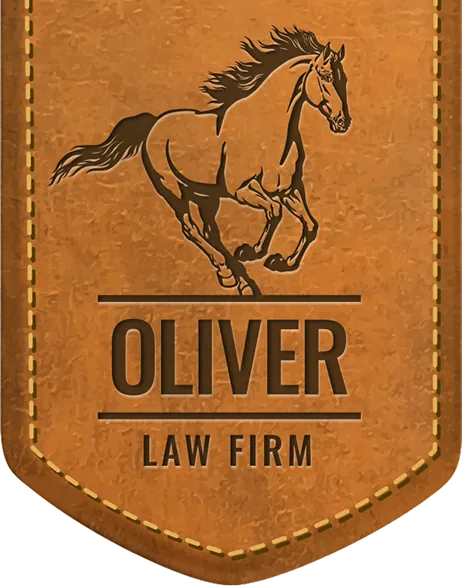Punitive damages play a unique role in Arkansas personal injury claims. Unlike compensation for medical bills, lost income, and pain and suffering, known as compensatory damages, punitive damages are awarded in a limited set of cases to punish the wrongdoer and deter future misconduct.
While compensatory damages are available in all personal injury cases, punitive damages are not. However, if you are entitled to punitive damages, seeking these damages could significantly increase the amount of your financial recovery. As a result, it is critical to ensure that you are making informed decisions, and this makes it important to speak with an experienced personal injury lawyer as soon after your accident as possible.
Punitive Damages vs. Compensatory Damages
Punitive damages differ from compensatory damages in three main ways. The first is the purpose for which each of these types of damages is awarded. The second is the burden of proof that plaintiffs need to meet in order to obtain each of these types of damages. The third has to do with how each of these types of damages is calculated.
1. Punitive Damages are Awarded In Addition to Compensatory Damages in Appropriate Cases
While compensatory damages are intended to compensate accident victims for their losses, punitive damages are intended to punish individuals and companies that engage in particularly egregious forms of misconduct. Under Section 16-55-206 of the Arkansas Code:
“[T]o recover punitive damages from a defendant, a plaintiff has the burden of proving that . . . either or both of the following aggravating factors were present . . . . (1) [t]he defendant knew or ought to have known . . . that his or her conduct would naturally and probably result in injury or damage and that he or she continued the conduct with malice or in reckless disregard of the consequences . . . ; or (2) [t]he defendant intentionally pursued a course of conduct for the purpose of causing injury or damage.”
Driving under the influence, road rage, and intentionally creating dangerous property conditions are three examples of conduct that may warrant claims for punitive damages under Arkansas law. But, there are several other possibilities as well. When you hire an Arkansas personal injury lawyer to represent you, your lawyer will be able to assess all potential grounds for seeking punitive damages on your behalf.
2. Seeking Punitive Damages Requires “Clear and Convincing Evidence”
Another key difference between compensatory damages and punitive damages is the burden of proof that plaintiffs need to meet in order to file a successful claim. When seeking compensatory damages, plaintiffs must be able to prove liability by “a preponderance of the evidence.” Essentially, this means that plaintiffs must be able to prove that it is “more likely than not” that the defendant is liable.
In contrast, when seeking punitive damages, plaintiffs must be able to establish liability by “clear and convincing evidence.” This requires more proof than a claim for compensatory damages; however, it does not require as much evidence as the “beyond a reasonable doubt” standard that applies in criminal court.
Several forms of evidence can be used to meet the “clear and convincing evidence” standard for seeking punitive damages under Arkansas law. Video footage of the accident, the defendant’s own statements or testimony, social media posts, text messages, credit card statements and receipts, and various other forms of documentation may all be available depending on the specific circumstances involved.
3. Calculating Compensatory and Punitive Damages
Since compensatory damages are intended to replace what victims have lost (and will lose in the future), calculating these damages involves focusing on victims’ present and future losses. Medical records, employment records, and documentation of victims’ pain and suffering are all relevant to calculating compensatory damages in personal injury cases.
Punitive damages, in contrast, are more difficult to quantify. What constitutes an appropriate amount of punishment for a defendant’s wrongdoing can vary widely from one case to the next. In many cases, punitive damages will be calculated as a multiple of the plaintiff’s compensatory damages (i.e., three times the plaintiff’s compensatory damages); however, there are other methods for determining an appropriate punitive damages award as well.
Do You Have a Punitive Damages Claim? Speak with an Arkansas Personal Injury Lawyer for Free
If you believe your accident was caused by more than just negligence—such as reckless driving, malicious conduct, or deliberate disregard for safety—you may have grounds to seek punitive damages.
At Oliver Law Firm, we understand how devastating serious injuries can be, and we’re committed to holding wrongdoers fully accountable. Our experienced personal injury attorneys will evaluate every aspect of your case to determine whether punitive damages are available and fight to maximize your compensation.
Contact Oliver Law Firm today online or at 479-202-5200 for a FREE case evaluation. We serve clients across Arkansas and throughout the United States from our office in Rogers, AR.
a Free Consultation



